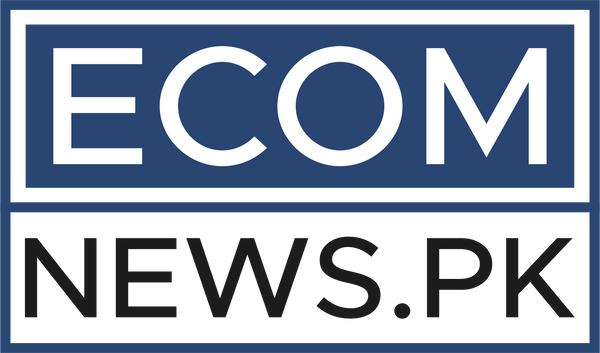
World Bank Urges Comprehensive Reform of Pakistan’s Tax System
Highlighting the excessive burden placed on the salaried class, the World Bank has called for systemic changes to ensure all income streams are included within the tax net. Speaking at the “Charting Pakistan’s Fiscal Trajectory” conference organized by the Pakistan Institute of Development Economics (PIDE), Tobias Haque, the World Bank's Lead Country Economist, stressed that reliance on regressive General Sales Tax (GST) and having only five million active tax filers in a population of 240 million is an unsustainable model.
Haque also advocated for digitalization and structural reforms to enhance transparency and tackle inequality within the system.
PIDE Vice Chancellor Dr. Nadeem Javaid shed light on inefficiencies in public spending, estimating that up to 40% of development funds are lost to corruption and commissions. Similarly, Dr. Ali Salman of PRIME Institute criticized the overly complex withholding tax regime, pointing out that nearly half of the 88 taxes each contribute less than Rs. 1 billion annually. He urged simplifying the tax code, noting the Federal Board of Revenue's heavy reliance on withholding taxes, which account for Rs. 1.2 trillion in revenue.
Experts at the conference warned that public trust in the tax system is eroding due to inconsistent policies and lack of transparency. They recommended simplified tax codes, modernized labor laws, and performance-based incentives as necessary measures to restore public confidence and enhance fiscal equity.






